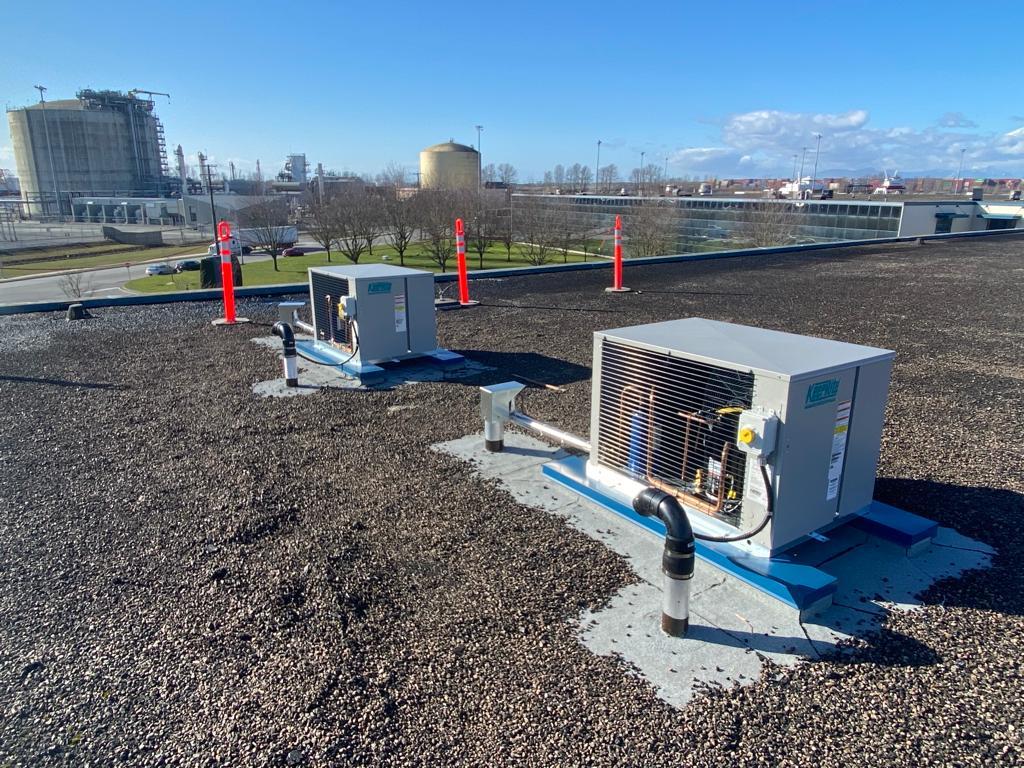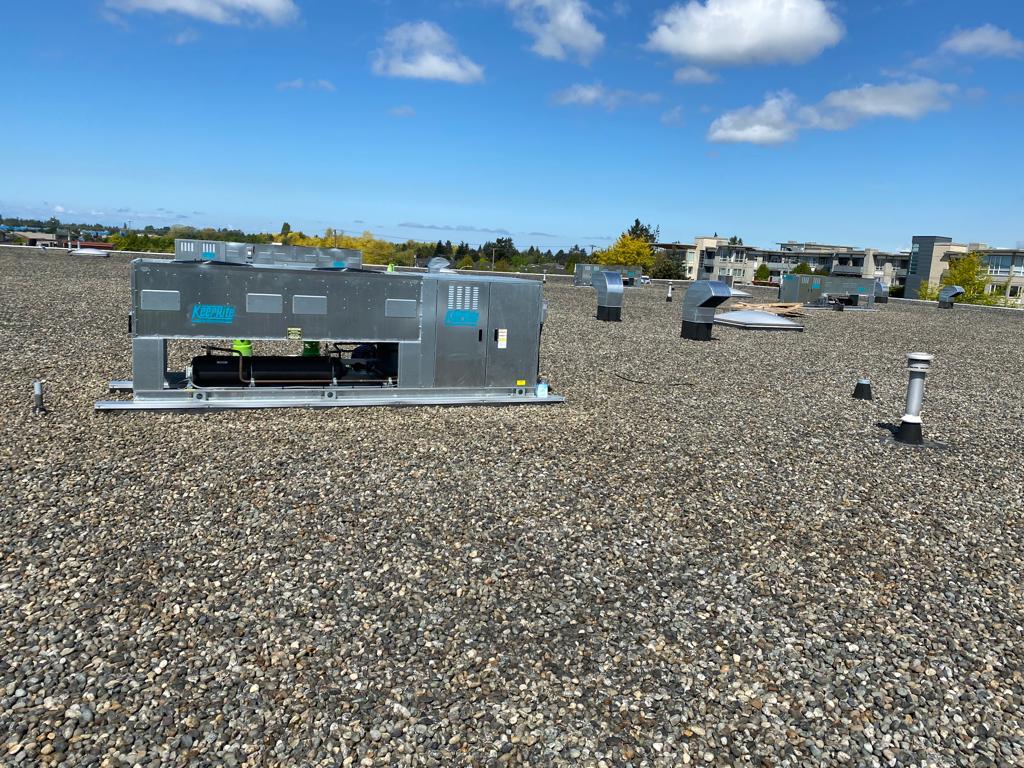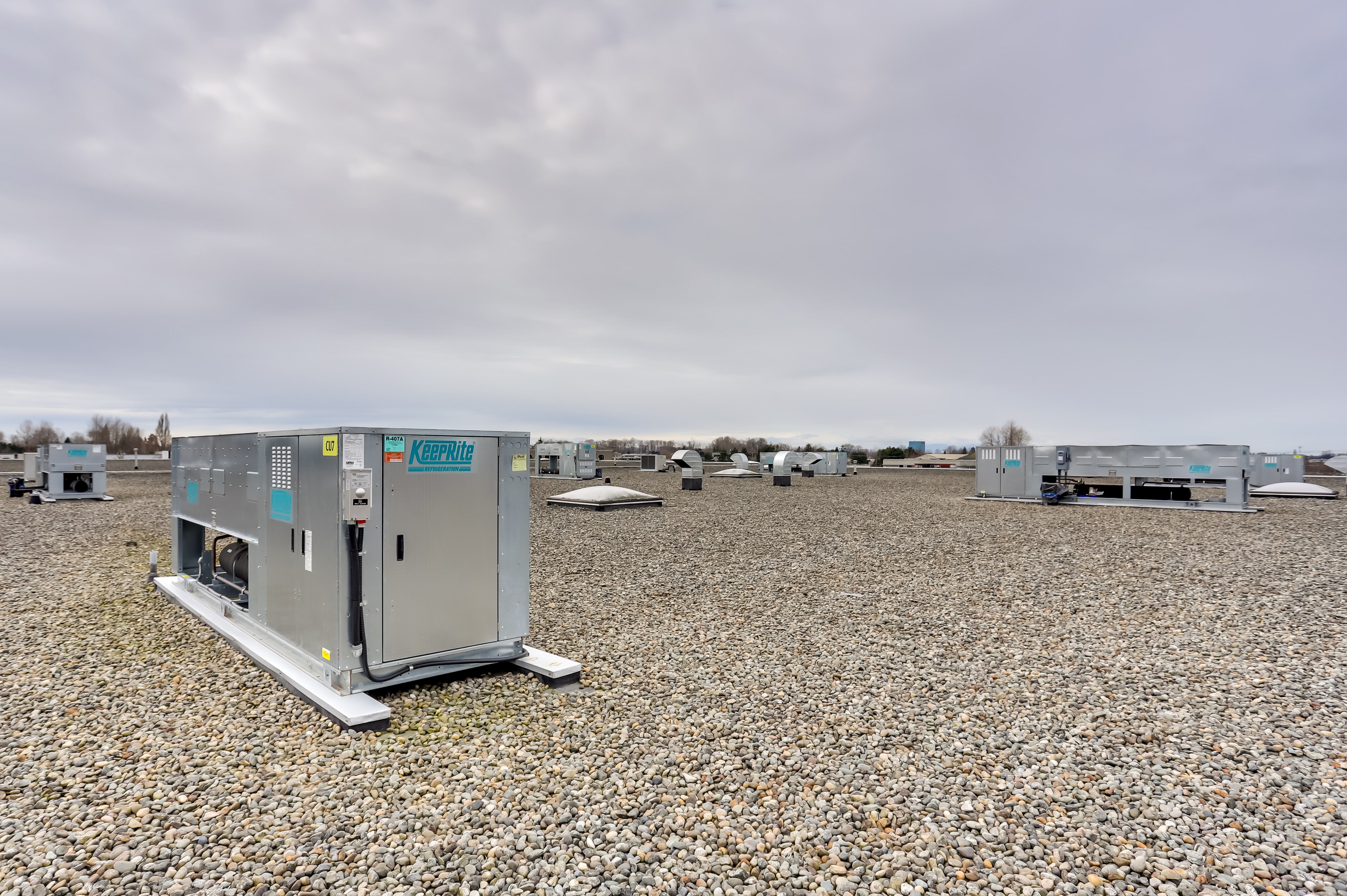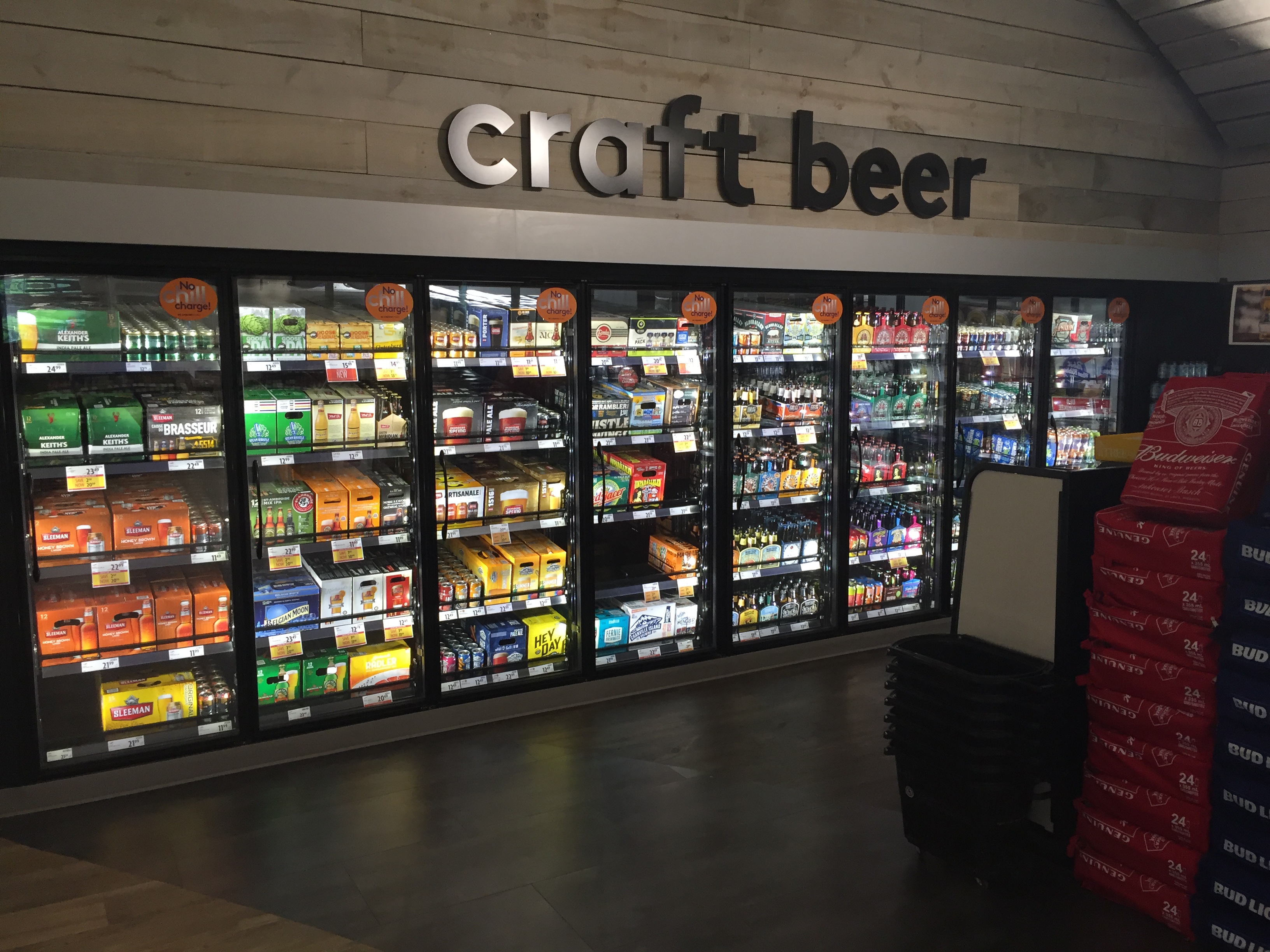Maximizing Longevity and Efficiency: A Guide to Commercial Refrigeration System Maintenance
In the bustling world of commercial establishments, where perishable goods are at the heart of operations, the reliability and efficiency of refrigeration systems are paramount. Whether you run a restaurant, supermarket, or food processing plant, maintaining your commercial refrigeration system is crucial for both longevity and efficiency. Neglecting proper maintenance not only risks costly breakdowns but also leads to higher energy bills and compromised food safety. In this guide, we'll delve into essential tips for keeping your commercial refrigeration system in top condition.
1. Regular Inspections
Regular inspections serve as the cornerstone of effective refrigeration system maintenance. Schedule routine checks of your system's components, including compressors, condensers, evaporators, and thermostat controls. Look for signs of wear and tear, leaks, or any abnormal functioning. Addressing minor issues promptly can prevent them from escalating into major problems that disrupt operations.
2. Clean Condenser Coils
Condenser coils play a critical role in dissipating heat from the refrigeration system. Over time, these coils accumulate dust, dirt, and debris, hindering their efficiency. Regularly clean the condenser coils to ensure optimal heat transfer. Use a soft brush or vacuum cleaner to remove debris gently. For stubborn dirt, consider using a commercial coil cleaner. Clean coils not only enhance system performance but also reduce energy consumption.
3. Check Refrigerant Levels
Maintaining the correct refrigerant levels is essential for efficient cooling. Periodically check the refrigerant levels and ensure they align with manufacturer specifications. Low refrigerant levels can indicate leaks, which must be promptly repaired to prevent further damage to the system and ensure environmental compliance.
%20(1).jpeg)
4. Lubricate Moving Parts
Proper lubrication of moving parts such as motors, fans, and bearings is vital for reducing friction and preventing premature wear. Refer to the manufacturer's guidelines for the recommended lubricants and lubrication intervals. Over-lubrication can be as detrimental as under-lubrication, so adhere to the specified amounts.
5. Seal Leaks
Even minor leaks in the refrigeration system can lead to significant energy wastage and compromised cooling efficiency. Inspect the system regularly for leaks in hoses, valves, and connections. Use leak detection tools such as ultraviolet dyes to identify leaks accurately. Seal any detected leaks promptly to conserve energy and maintain system integrity.
6. Monitor Temperature and Humidity Levels
Maintaining precise temperature and humidity levels is crucial for preserving the quality and safety of perishable goods. Install reliable monitoring systems to track temperature and humidity within refrigeration units. Regularly calibrate temperature controls to ensure accuracy. Any deviations from the desired conditions should be promptly investigated and rectified to prevent spoilage.
7. Clean and Organize Refrigeration Units
The internal cleanliness and organization of refrigeration units also impact efficiency. Regularly clean and sanitize the interior surfaces to prevent mold, bacteria, and odors from contaminating stored products. Ensure proper airflow by arranging items to allow for adequate circulation. Avoid overloading refrigeration units, as overcrowding can impede airflow and strain the system.
8. Train Staff on Best Practices
Educate your staff on the importance of proper refrigeration system maintenance and provide training on best practices. Encourage them to report any abnormalities or malfunctions promptly. Establish clear protocols for handling and storing perishable goods to minimize strain on the refrigeration system.

9. Schedule Professional Maintenance
While regular inspections and maintenance tasks can significantly extend the lifespan of your refrigeration system, some tasks require the expertise of trained professionals. Schedule periodic maintenance visits by certified technicians to conduct comprehensive assessments and tune-ups. Professional maintenance helps identify potential issues early and ensures compliance with manufacturer warranties.
10. Invest in Energy-Efficient Equipment
When replacing or upgrading your commercial refrigeration system, prioritize energy efficiency. Energy-efficient equipment not only reduces operating costs but also minimizes environmental impact. Look for systems with ENERGY STAR certification and advanced features such as variable-speed compressors and smart controls.
In conclusion, proactive maintenance is key to maximizing the longevity and efficiency of your commercial refrigeration system. By implementing a comprehensive maintenance plan encompassing regular inspections, cleaning, monitoring, and professional servicing, you can ensure optimal performance and safeguard your business against costly disruptions. Remember, a well-maintained refrigeration system not only preserves perishable goods but also preserves your bottom line.



.jpeg)


